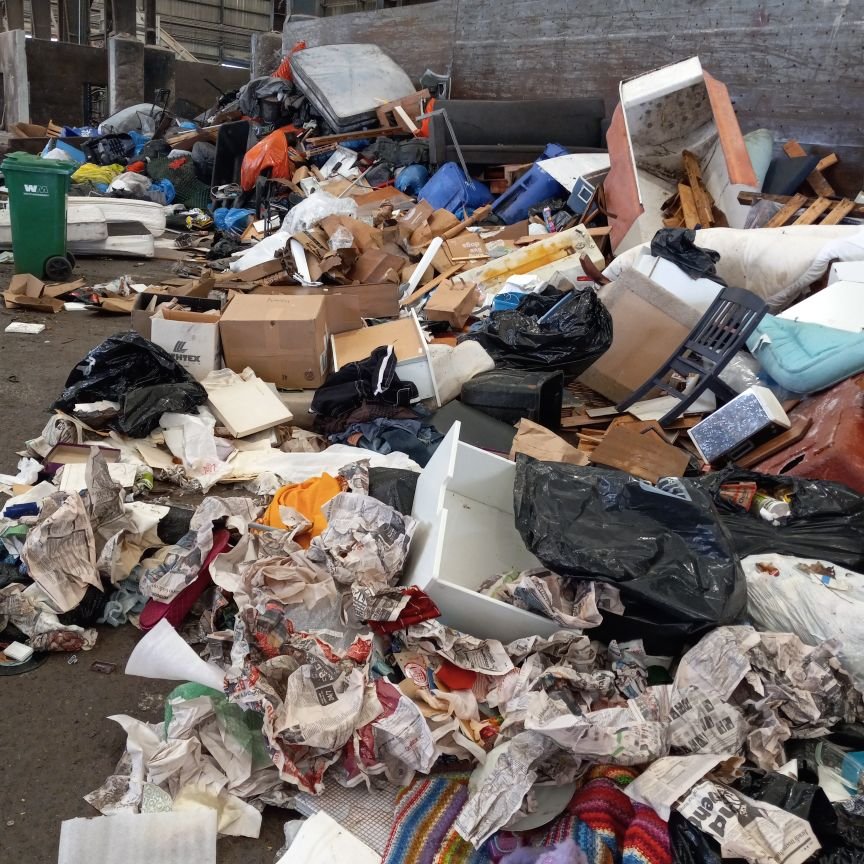Expert Suggestions on Reclaim Waste Liquid Waste Removal and Industrial Waste Water Treatment
Expert Suggestions on Reclaim Waste Liquid Waste Removal and Industrial Waste Water Treatment
Blog Article
Enhancing Environmental Sustainability Through Strategic Liquid Waste Removal Solutions
In the world of environmental sustainability, the effective management of fluid waste stands as a critical focal point in preserving our ecological communities and protecting public health. Allow us embark on a journey to discover the transformative possibility of strategic liquid waste administration techniques in boosting environmental sustainability.
Significance of Liquid Waste Administration

Among the vital reasons why liquid waste monitoring is important is its direct effect on public health and wellness. Neglected or poorly treated fluid waste can have dangerous microorganisms and chemicals that pose major wellness threats to communities. Contaminated water resources can lead to waterborne illness, impacting both human wellness and environments. Proper administration of fluid waste helps protect against these health and wellness dangers and makes certain the health of the population.

Obstacles in Liquid Garbage Disposal
Given the important importance of appropriate fluid waste management in securing public health and environmental health, it is important to attend to the numerous difficulties related to fluid waste disposal methods. One substantial obstacle is the lack of adequate facilities for the collection, therapy, and disposal of fluid waste. Several regions, particularly in establishing nations, battle with insufficient facilities and resources to deal with the boosting quantity of fluid waste created. This leads to incorrect disposal techniques such as discarding in water bodies or unapproved land fills, posturing serious health risks and environmental pollution.
One more challenge is the presence of hazardous materials in fluid waste, consisting of chemicals, heavy metals, and virus. Correct identification and treatment of these hazardous parts need specific knowledge and tools, which might not always be readily offered. Furthermore, the cost of implementing secure disposal methods can be excessive for some sectors and communities, bring about non-compliance and more ecological damages.
Sustainable Fluid Waste Solutions
In the middle of journalism requirement for effective fluid waste administration strategies, the critical of sustainable solutions becomes a paramount problem for environmental conservation and public health. Lasting liquid waste options encompass an array of innovative modern technologies and find more practices targeted at reducing the environmental impact of garbage disposal. One key technique is the execution of advanced treatment processes that advertise the effective and risk-free removal of impurities from liquid waste streams. In addition, the adoption of circular economic situation principles, such as waste-to-energy campaigns and source recovery programs, can assist decrease waste generation and make best use of the usage of useful sources.
Additionally, lasting liquid waste options prioritize the conservation of water sources with the execution of water recycling and reuse approaches. By repurposing and treating wastewater for non-potable applications like watering or industrial procedures, these options contribute to water conservation efforts and reduce the strain on freshwater resources. Generally, the assimilation of lasting fluid waste options not just supports environmental sustainability but also cultivates a much healthier and a lot more durable culture for future generations.
Advantages of Strategic Elimination Practices
Purposefully executed elimination practices play a vital role in optimizing liquid waste monitoring systems for environmental sustainability and public wellness protection. By embracing strategic removal techniques, companies can considerably lower the environmental effect of liquid waste disposal.
Additionally, these methods advertise source recovery by enabling the extraction of important materials from liquid waste streams. Furthermore, calculated elimination methods can improve functional performance and cost-effectiveness by streamlining waste management procedures and optimizing source allotment.
Implementing Reliable Ecological Approaches
Reliable execution of ecological techniques is critical in achieving sustainable fluid waste monitoring methods. To begin with, companies have to perform detailed environmental assessments to recognize prospective risks and impacts connected with their click this liquid waste disposal procedures. By comprehending the environmental effects of their operations, organizations can create targeted techniques to minimize injury to environments and public health.
In addition, carrying out effective ecological techniques entails setting clear goals and goals for liquid waste administration - Liquid waste removal. These objectives should specify, measurable, obtainable, relevant, and time-bound (WISE) to ensure liability and track progress in the direction of sustainability targets. Firms can likewise utilize technology and advancement to optimize liquid waste therapy processes, minimize source consumption, and improve total efficiency
Partnership with governing agencies, stakeholders, and environmental specialists is another essential facet of effective technique application. By involving with external partners, organizations can get beneficial insights, gain access to sources, and make certain compliance with environmental legislations and guidelines. On the whole, a calculated and aggressive strategy to ecological management is vital for alleviating environmental threats and advertising lasting sustainability in fluid waste removal practices.
Conclusion
In conclusion, tactical liquid waste removal services play a vital duty in boosting ecological sustainability. By resolving the obstacles in fluid garbage disposal and applying lasting techniques, we can minimize the unfavorable effect on the atmosphere - Liquid waste removal. It is necessary to focus on efficient environmental techniques to ensure the long-term wellness and health of our world
By executing effective waste monitoring methods, such as proper collection, treatment, this and disposal approaches, the dangers associated with fluid waste can be dramatically minimized.
Provided the crucial importance of correct liquid waste management in guarding public health and wellness and environmental health, it is necessary to attend to the numerous obstacles connected with liquid waste disposal methods. Sustainable fluid waste services incorporate a variety of innovative innovations and practices intended at decreasing the ecological impact of waste disposal.Purposefully executed elimination methods play a crucial function in optimizing liquid waste monitoring systems for environmental sustainability and public wellness protection. On the whole, a proactive and critical approach to ecological monitoring is vital for minimizing environmental dangers and advertising long-term sustainability in fluid waste elimination practices.
Report this page